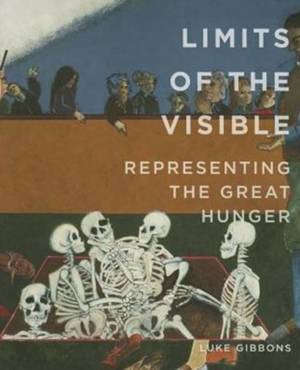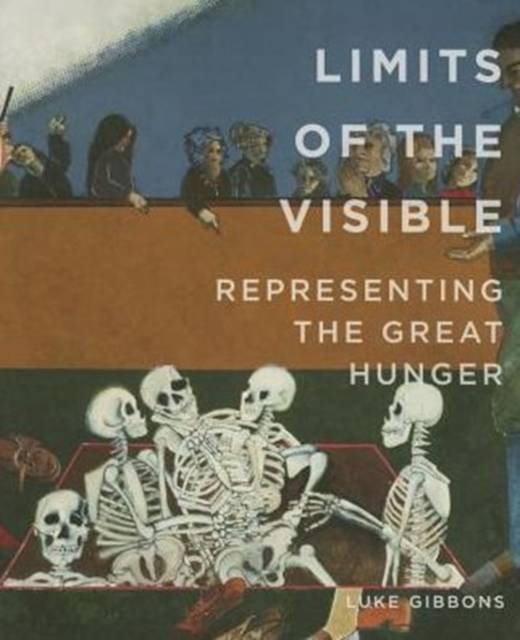
- Afhalen na 1 uur in een winkel met voorraad
- Gratis thuislevering in België vanaf € 30
- Ruim aanbod met 7 miljoen producten
- Afhalen na 1 uur in een winkel met voorraad
- Gratis thuislevering in België vanaf € 30
- Ruim aanbod met 7 miljoen producten
Zoeken
€ 20,95
+ 41 punten
Omschrijving
The absence of photographs of the Irish Famine has been attributed to the shortcomings of a medium then it its infancy, but it may also be due to certain limitations in the visible itself. Susan Sontag argued that images can evoke sentimental responses but cannot address wider political questions of obligation and justice. Luke Gibbons revisits representations of the Famine, particularly those in Ireland's Great Hunger Museum, to argue that images can not only give visual pleasure but demand ethical interventions on the part of spectators. This fusing of sympathy and affective response with the right of redress is conveyed by a "judicious obscurity," a determination not to show all, which places an obligation on the spectator to complete what is beyond representation, or what is left to the imagination.
Specificaties
Betrokkenen
- Auteur(s):
- Uitgeverij:
Inhoud
- Aantal bladzijden:
- 40
- Taal:
- Engels
Eigenschappen
- Productcode (EAN):
- 9780990468622
- Verschijningsdatum:
- 30/04/2015
- Uitvoering:
- Paperback
- Formaat:
- Trade paperback (VS)
- Afmetingen:
- 224 mm x 272 mm
- Gewicht:
- 226 g

Alleen bij Standaard Boekhandel
+ 41 punten op je klantenkaart van Standaard Boekhandel
Beoordelingen
We publiceren alleen reviews die voldoen aan de voorwaarden voor reviews. Bekijk onze voorwaarden voor reviews.











